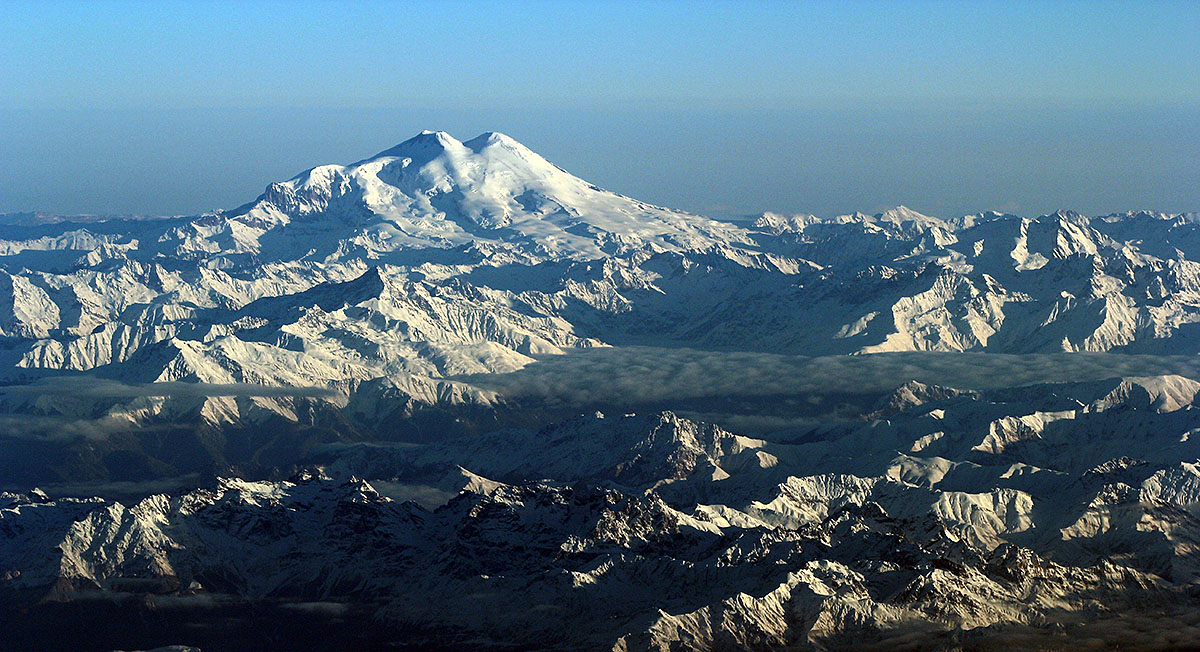Europe’s Highest Peak is Off-Limits With a Risk of Kidnapping
"Do not attempt to climb Mount Elbrus, as travelers must pass close to volatile and insecure areas of the North Caucasus region"

Those hoping to climb Europe’s highest peak, which is one of the Seven Summits, will have to wait until at least next season. Some guiding companies have already announced that they’ve cancelled their 2022 expeditions.
Mount Elbrus (5,642 m) is found in the western part of the Caucasus Mountains where the U.S.A. is warning people to avoid. The U.S. embassy in Russia posted a Do Not Travel advisory online with a level four rating.
The travel advisory reads: Terrorist attacks and risk of civil unrest continue throughout the North Caucasus region, including in Chechnya, North Ossetia, Ingushetia, Dagestan, Stavropol, Karachayevo-Cherkessiya, and Kabardino-Balkariya. Local gangs have kidnapped U.S. citizens and other foreigners for ransom. There have been credible reports of arrest, torture, and extrajudicial killing of LGBTI persons in Chechnya allegedly conducted by Chechen regional authorities.
Do not attempt to climb Mount Elbrus, as travelers must pass close to volatile and insecure areas of the North Caucasus region. The U.S. government is unable to provide emergency services to U.S. citizens traveling in the North Caucasus region, including Mount Elbrus, as U.S. government employees are prohibited from traveling to the region.
Top mountain guide Adrian Ballinger of Alpenglow Expeditions said the he will not visit Mount Elbrus, noting that “Russia’s leader has chosen a brutal path and war against a sovereign country.”


